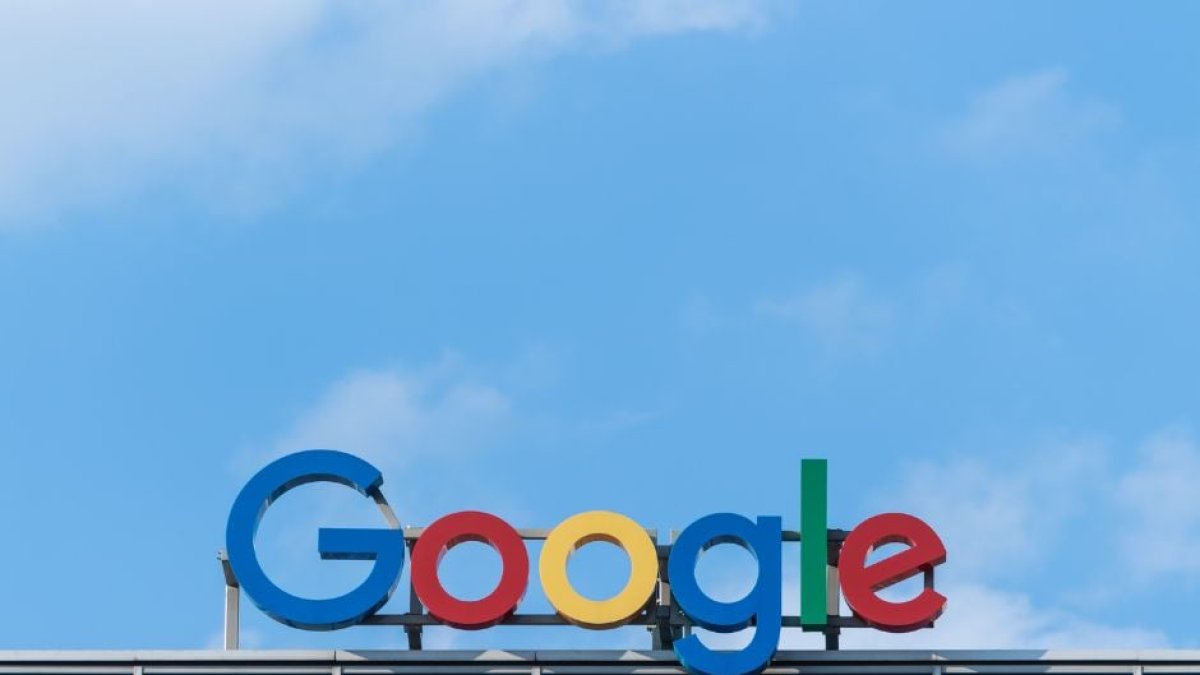Federal court declares Google an illegal monopoly
The specific implications of the ruling are still pending. In the coming months, the court will determine possible remedial measures to address the violations found.

This Monday, a federal judge determined that Google violated antitrust law by abusing its dominant position in the Internet search market to eliminate competition.
The ruling, which could have significant repercussions in the technology world, was issued by Judge Amit P. Mehta of the U.S. District Court for the District of Columbia. It follows a lawsuit filed by the Department of Justice in 2020, charging Google with controlling approximately 90% of the online search market.
Details of the ruling
Judge Mehta upheld the Justice Department's argument, which accused Google of violating antitrust law by forging restrictive contracts with phone makers, including Apple, that required them to install Google as the default search engine on their devices. This practice not only consolidated Google's monopoly but also allowed the company to significantly increase search advertising prices. In addition, the ruling condemned other practices by Alphabet Inc, Google's parent company, that have prevented fair competition in the industry.
Attorney General Merrick Garland described the ruling as a "historic win" stressing that "no company – no matter how large or influential – is above the law." In response, Google defended its dominance in the search market as indicative of its technological superiority over rivals such as Microsoft's Bing, and not as a result of anti-competitive practices.
Impact of the ruling and future action
Judge Mehta noted that Google has maintained high levels of revenue and operating profits by repeatedly increasing search advertising prices, without significant impact on these prices from competition. The only apparent constraints on Google's pricing decisions have been potential advertiser protests and bad advertising, although the company has handled these obstacles with gradual increases that many advertisers do not immediately notice.
The specific implications of the ruling have yet to be defined. In the coming months, the court will decide on possible "remedies" in the case.
Proposals for market regulation
Antitrust experts have suggested various solutions, such as requiring browser and phone manufacturers to ask consumers which search engine they wish to use during the initial setup of their devices. This measure has already been implemented in Europe, where Google continues to dominate the market.
Others have proposed splitting up Google's various businesses to prevent the company from extending its monopoly to all corners of the Internet. Lee Hepner, an attorney with the American Economic Liberties Project, has advocated ending Google's exclusive agreements and dismantling the lines of business that support its monopoly.
International perspectives
The case against Google, filed in 2020 under the Trump administration, has garnered both national and international attention. Google is currently facing antitrust investigations in the European Union under the new Digital Markets Act, which seeks to regulate tech giants.
























